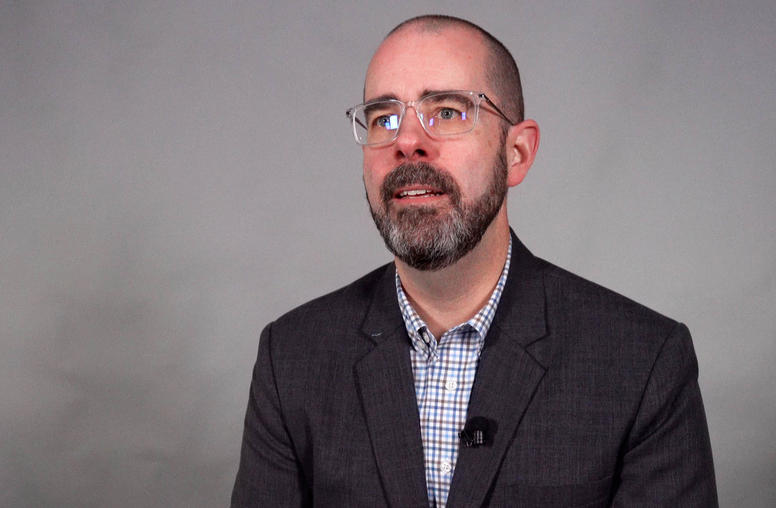An Exchange on Women's Roles for Peace: Is Religion a Source of Strength or an Obstacle?
This public event concludes a two-day symposium on women's approaches and work to build peace. With an emphasis on the roles of religion, meeting participants will reflect with a broader audience on their conclusions, concerns and ideas for making their work for peace more effective. A reception will follow at 5 p.m.
This public forum served as the conclusion to a two-day symposium analyzing the intersection of women, religion, and peacemaking that is co-sponsored by the United States Institute for Peace, Georgetown University's Berkley Center for Religion, Peace, and World Affairs, and the World Faiths Development Dialogue. The sympoisum brought together a group of practitioners, academics and policy makers of different faith traditions and from different world regions including Africa, East Asia, the Middle East and North America. Various organizations were represented including USAID, DOS and the UN. The session served as an open opportunity to share the highlights of the previous two days of discussion, to offer emerging recommendations for policy, practitioners, and academics, and to field audience questions, comments, and feedback.
Information about the symposium is available at the Berkley Center website.
Multimedia



